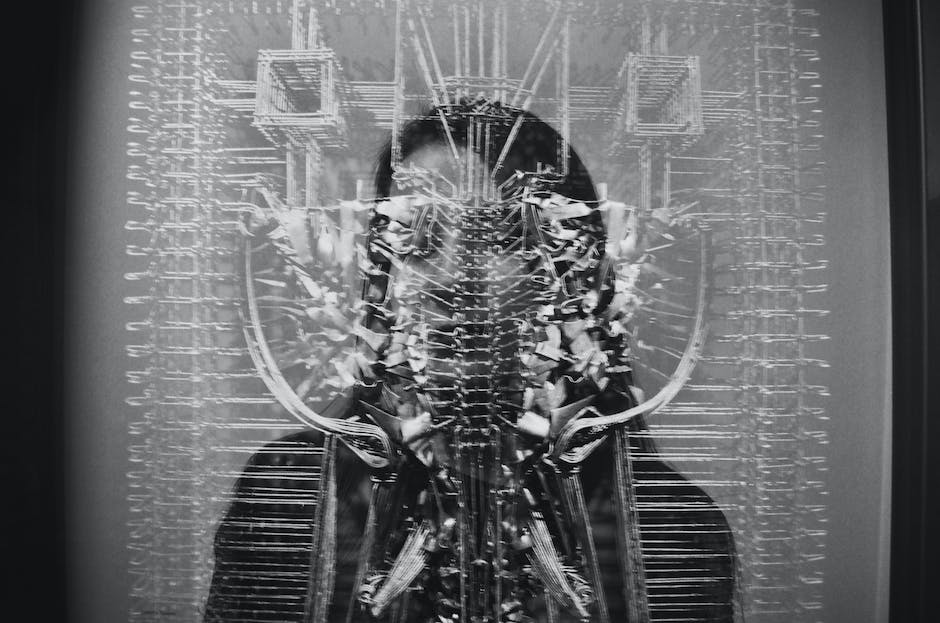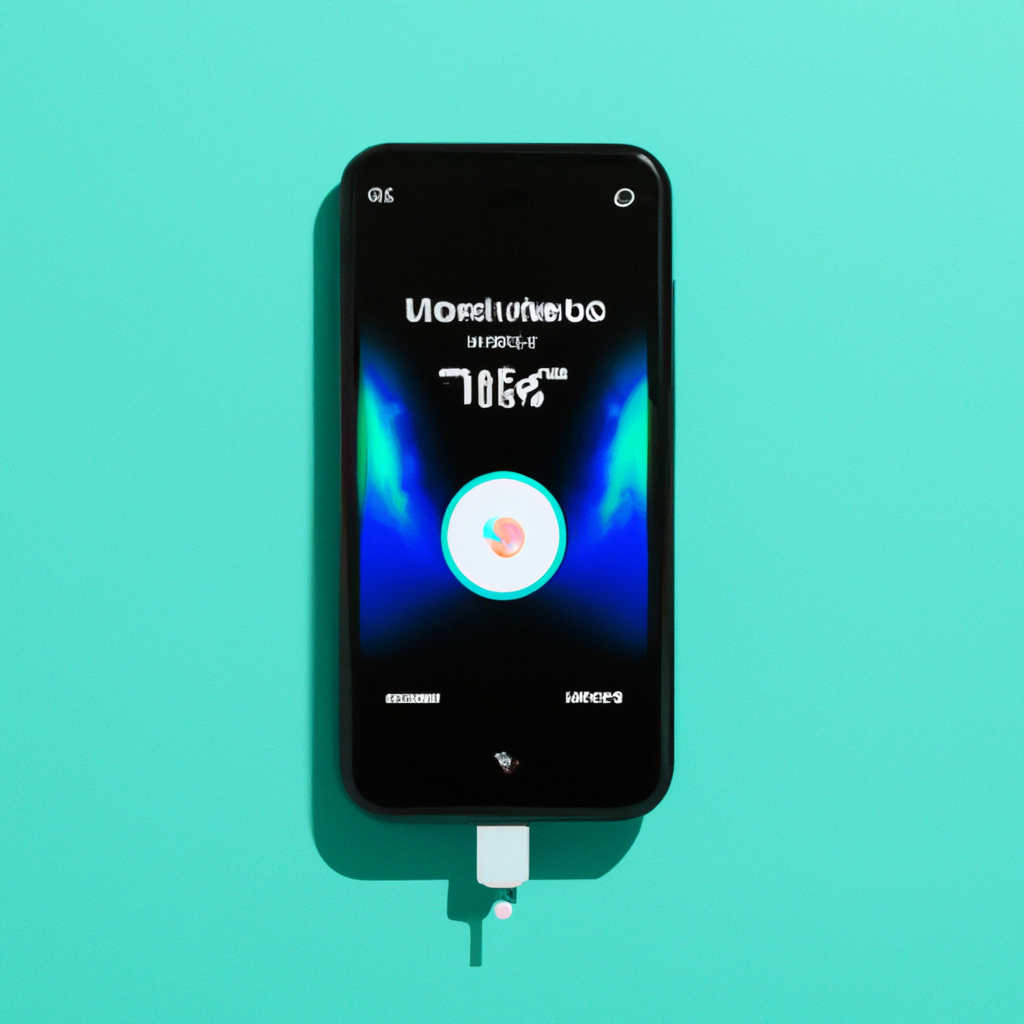-
Table of Contents
Understanding the Voltage Difference: 18V vs. 24V Batteries
Can You Use A 18V Battery In A 24V Ryobi? Here’s What You Should Know.
If you’re a DIY enthusiast or a professional contractor, chances are you’ve come across Ryobi power tools. Known for their reliability and performance, Ryobi tools have become a staple in many workshops and job sites. One question that often arises when it comes to Ryobi tools is whether you can use an 18V battery in a 24V Ryobi tool. In this article, we’ll explore the voltage difference between 18V and 24V batteries and shed some light on whether they are compatible.
To understand the compatibility of different batteries, it’s essential to grasp the concept of voltage. Voltage is the measure of electrical potential difference between two points in a circuit. In simpler terms, it determines the power output of a battery. The higher the voltage, the more power the battery can deliver. In the case of Ryobi tools, the most common voltages are 18V and 24V.
Now, let’s address the burning question: can you use an 18V battery in a 24V Ryobi tool? The short answer is no. The reason behind this is that the voltage of the battery needs to match the voltage requirements of the tool. Using a lower voltage battery in a higher voltage tool can lead to several issues. Firstly, the tool may not function at its full potential, resulting in reduced performance. Secondly, it can put unnecessary strain on the motor, potentially causing damage. Lastly, it may even pose a safety risk, as the tool may not be able to handle the higher voltage demands.
It’s important to note that Ryobi tools are designed to be used with specific voltage batteries. Mixing and matching different voltages can have adverse effects on both the tool and the battery. Therefore, it’s always recommended to use the correct voltage battery for your Ryobi tool.
If you find yourself in a situation where you have an 18V battery and a 24V Ryobi tool, don’t fret just yet. There are a few alternatives you can consider. One option is to purchase a compatible 24V battery for your tool. This ensures that you’re using the correct voltage and eliminates any potential issues. Another option is to use a voltage converter. These devices can step up or step down the voltage to match the requirements of your tool. However, it’s important to note that using a voltage converter may void the warranty of your tool, so proceed with caution.
In conclusion, the voltage difference between 18V and 24V batteries is significant, and using an 18V battery in a 24V Ryobi tool is not recommended. It can lead to reduced performance, potential damage to the tool, and even safety risks. It’s always best to use the correct voltage battery for your Ryobi tool to ensure optimal performance and longevity. If you find yourself with incompatible batteries, consider purchasing a compatible battery or using a voltage converter, keeping in mind the potential warranty implications.
Compatibility of 18V Battery with 24V Ryobi Tools
Can You Use A 18V Battery In A 24V Ryobi? Here’s What You Should Know.
Have you ever found yourself in a situation where you have a 24V Ryobi tool but only an 18V battery on hand? It can be frustrating when you’re in the middle of a project and don’t have the right battery to power your tool. But can you use an 18V battery in a 24V Ryobi tool? Let’s find out.
Firstly, it’s important to understand that voltage is a measure of electrical potential difference. In simpler terms, it determines the power output of a battery. So, if you have a 24V Ryobi tool, it is designed to work with a 24V battery. Using a lower voltage battery, such as an 18V one, may not provide enough power to operate the tool effectively.
However, there are some cases where you might be able to use an 18V battery in a 24V Ryobi tool, but with limitations. Some tools have a voltage range that they can operate within, meaning they can handle a slightly lower or higher voltage than what they are designed for. In these cases, using an 18V battery in a 24V tool might work, but it’s important to note that the tool may not perform at its optimal level.
Using an 18V battery in a 24V tool can result in reduced power output, which means the tool may not be as efficient or effective as it would be with the correct voltage battery. It may struggle to perform tasks that require more power, and you may experience slower operation or decreased performance overall.
Another factor to consider is the compatibility of the battery and the tool. Different battery platforms have different connectors and designs, and they may not be physically compatible with each other. Even if you manage to connect an 18V battery to a 24V tool, it may not fit properly or securely, which can be dangerous and potentially damage both the battery and the tool.
Additionally, using an 18V battery in a 24V tool may void any warranties or guarantees that come with the tool. Manufacturers design their tools to work with specific voltage batteries, and using a different voltage can be seen as misuse or improper use of the tool. This can result in the manufacturer refusing to repair or replace the tool if it becomes damaged.
In conclusion, while it may be tempting to use an 18V battery in a 24V Ryobi tool, it is generally not recommended. The tool may not perform at its optimal level, and there may be compatibility issues that can lead to damage or unsafe operation. It’s always best to use the correct voltage battery for your tool to ensure optimal performance and safety. If you find yourself in a situation where you don’t have the right battery, it’s worth considering purchasing the correct one or borrowing from a friend or colleague to avoid any potential issues.
Potential Risks and Limitations of Using an 18V Battery in a 24V Ryobi
If you’re a DIY enthusiast or a professional contractor, chances are you’ve come across the Ryobi brand. Known for its wide range of power tools, Ryobi has become a popular choice for many. One question that often arises is whether it’s possible to use an 18V battery in a 24V Ryobi tool. In this article, we’ll explore the potential risks and limitations of using an 18V battery in a 24V Ryobi tool.
Before we delve into the risks, let’s first understand the basics. Ryobi power tools typically come in two voltage options: 18V and 24V. The voltage refers to the power output of the battery, with higher voltage generally translating to more power. Each Ryobi tool is designed to work with a specific voltage, and using a battery with a different voltage can have consequences.
One of the potential risks of using an 18V battery in a 24V Ryobi tool is reduced performance. Since the 18V battery has a lower power output, it may not provide enough power to run the tool at its full potential. This can result in decreased performance, slower operation, and reduced efficiency. For tasks that require a higher power output, such as cutting through thick materials or driving large screws, using an 18V battery may not be sufficient.
Another risk to consider is the potential for damage to the tool itself. Ryobi tools are designed to handle a specific voltage range, and using a battery with a different voltage can put additional strain on the tool’s motor and other components. This can lead to overheating, premature wear and tear, and even permanent damage to the tool. In some cases, using an 18V battery in a 24V Ryobi tool may void the warranty, leaving you responsible for any repairs or replacements.
It’s also important to note that using an 18V battery in a 24V Ryobi tool may not be safe. The tool may not have the necessary safety features to handle the higher voltage, increasing the risk of electrical shock or other accidents. Additionally, using a battery with a different voltage than what the tool is designed for can disrupt the tool’s internal circuitry, potentially causing malfunctions or even electrical fires.
While it may be tempting to use an 18V battery in a 24V Ryobi tool to save money or make use of existing batteries, it’s important to consider the potential risks and limitations. Using the wrong voltage battery can result in reduced performance, damage to the tool, and safety hazards. It’s always best to use the recommended voltage battery for your Ryobi tool to ensure optimal performance, longevity, and safety.
In conclusion, using an 18V battery in a 24V Ryobi tool can have potential risks and limitations. It can lead to reduced performance, damage to the tool, and safety hazards. It’s always advisable to use the recommended voltage battery for your Ryobi tool to ensure optimal performance and safety. So, the next time you’re tempted to mix and match batteries, remember the potential consequences and make the right choice for your tools and yourself.
Alternatives and Recommendations for Powering a 24V Ryobi Tool
Can You Use A 18V Battery In A 24V Ryobi? Here’s What You Should Know.
If you’re a DIY enthusiast or a professional tradesperson, chances are you’ve come across the Ryobi brand of power tools. Known for their reliability and performance, Ryobi tools have become a staple in many workshops and job sites. However, when it comes to powering these tools, there can sometimes be confusion about which batteries are compatible. Specifically, can you use an 18V battery in a 24V Ryobi tool? Let’s explore this question and find out what you should know.
To understand whether an 18V battery can be used in a 24V Ryobi tool, it’s important to first understand the basics of battery voltage. Voltage is a measure of electrical potential difference, and it determines the power output of a battery. In simple terms, a higher voltage battery will provide more power to a tool, while a lower voltage battery will provide less power.
Ryobi tools are designed to be powered by specific voltage batteries, and using a battery with a different voltage than recommended can have consequences. In the case of using an 18V battery in a 24V Ryobi tool, the tool may not function at its full potential. The lower voltage battery will not be able to provide the necessary power for the tool to operate optimally, resulting in reduced performance and potentially even damage to the tool.
So, if using an 18V battery in a 24V Ryobi tool is not recommended, what are the alternatives? Fortunately, there are a few options available to power a 24V Ryobi tool properly.
The first option is to use a Ryobi 24V battery, specifically designed for these tools. These batteries are engineered to provide the correct voltage and power output for optimal tool performance. By using the recommended battery, you can ensure that your Ryobi tool operates at its full potential, delivering the power and efficiency you expect.
Another alternative is to use a compatible third-party battery that is specifically designed for 24V Ryobi tools. These batteries are often manufactured by reputable companies and offer similar performance to the original Ryobi batteries. However, it’s important to do thorough research and read reviews before purchasing a third-party battery to ensure its compatibility and reliability.
If you already own an 18V Ryobi battery and want to power a 24V Ryobi tool, there is a workaround. Ryobi offers a range of battery adapters that allow you to use lower voltage batteries in higher voltage tools. These adapters convert the voltage output of the battery to match the tool’s requirements, allowing you to power your 24V Ryobi tool with an 18V battery. However, it’s important to note that using an adapter may still result in reduced performance compared to using the recommended voltage battery.
In conclusion, while it may be tempting to use an 18V battery in a 24V Ryobi tool, it is not recommended. The lower voltage battery will not provide the necessary power for optimal tool performance and may even cause damage. Instead, it is best to use a Ryobi 24V battery or a compatible third-party battery specifically designed for these tools. If you already own an 18V battery, you can consider using a battery adapter, but keep in mind that it may still result in reduced performance. By using the recommended voltage battery, you can ensure that your Ryobi tool operates at its full potential, delivering the power and efficiency you need for your projects.
Q&A
1. Can you use an 18V battery in a 24V Ryobi tool? No, you cannot use an 18V battery in a 24V Ryobi tool as they are not compatible.
2. What happens if you use an 18V battery in a 24V Ryobi tool? Using an 18V battery in a 24V Ryobi tool can potentially damage the tool or the battery, and may not provide sufficient power for the tool to function properly.
3. Can you modify a 24V Ryobi tool to accept an 18V battery? Modifying a 24V Ryobi tool to accept an 18V battery is not recommended, as it can void the warranty, damage the tool, and potentially be unsafe.
4. What should you do if you have a 24V Ryobi tool but only have an 18V battery? If you only have an 18V battery and need to use a 24V Ryobi tool, it is recommended to purchase the appropriate 24V battery for optimal performance and safety.No, you cannot use an 18V battery in a 24V Ryobi tool. The voltage of the battery must match the voltage requirement of the tool for proper functioning.
















